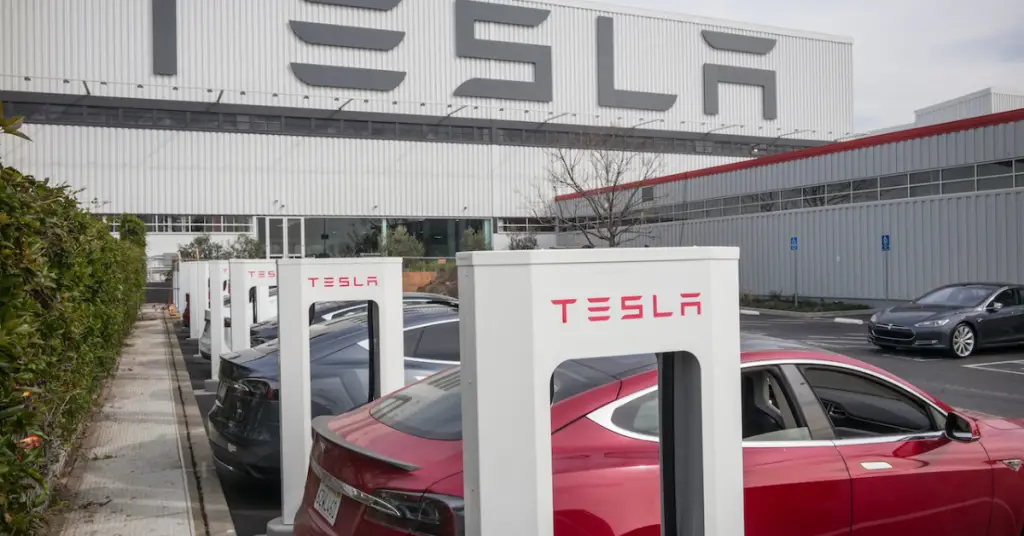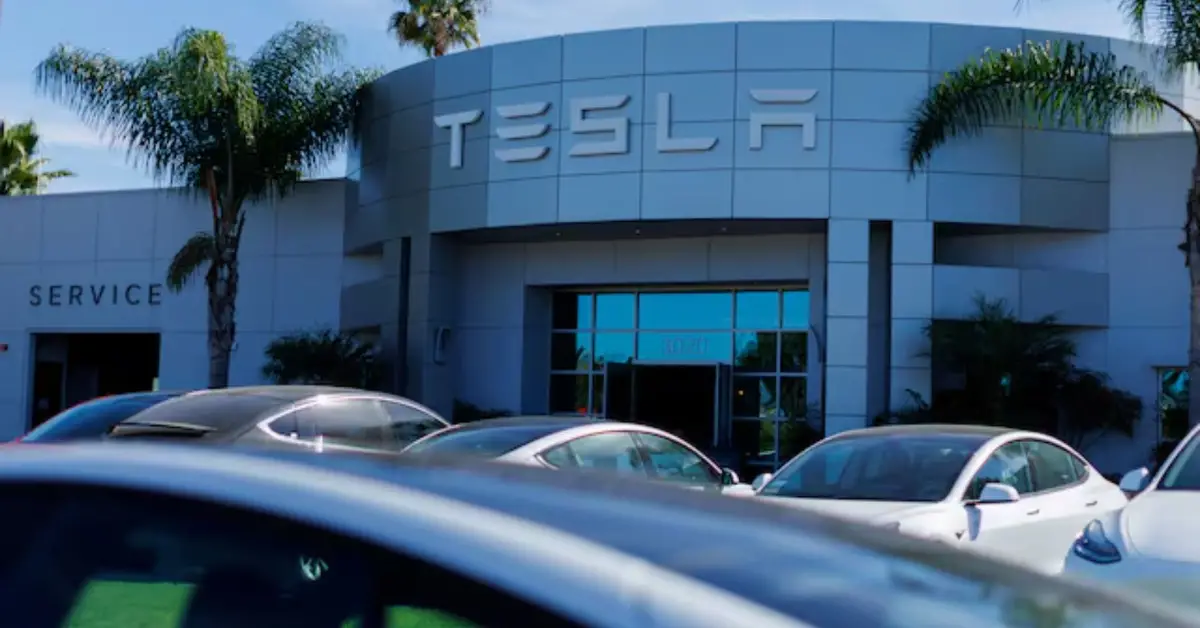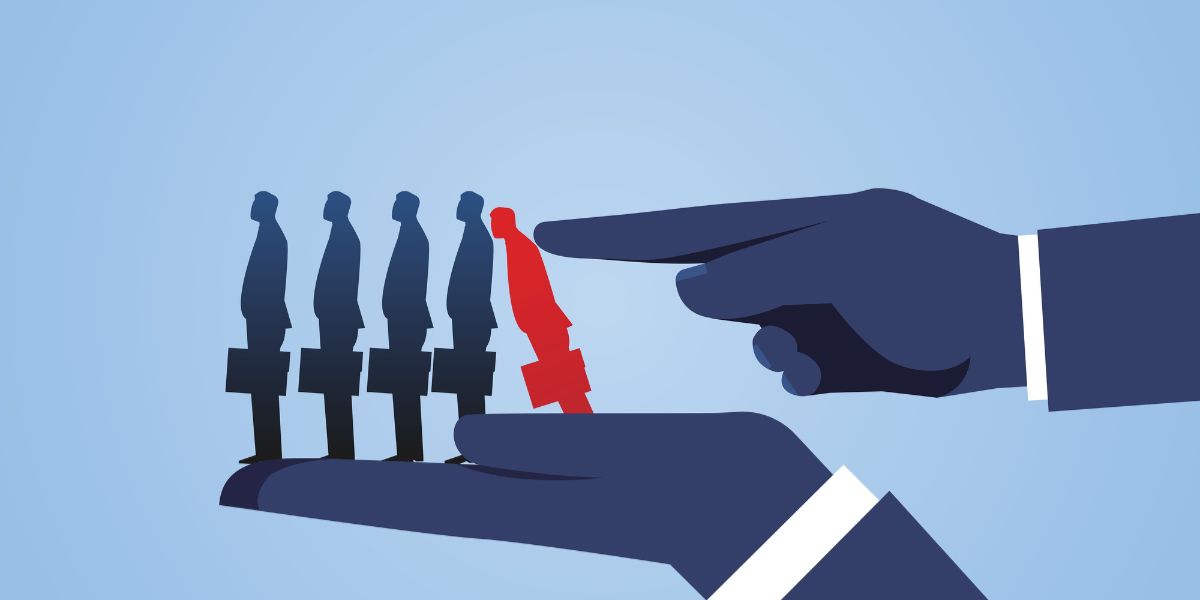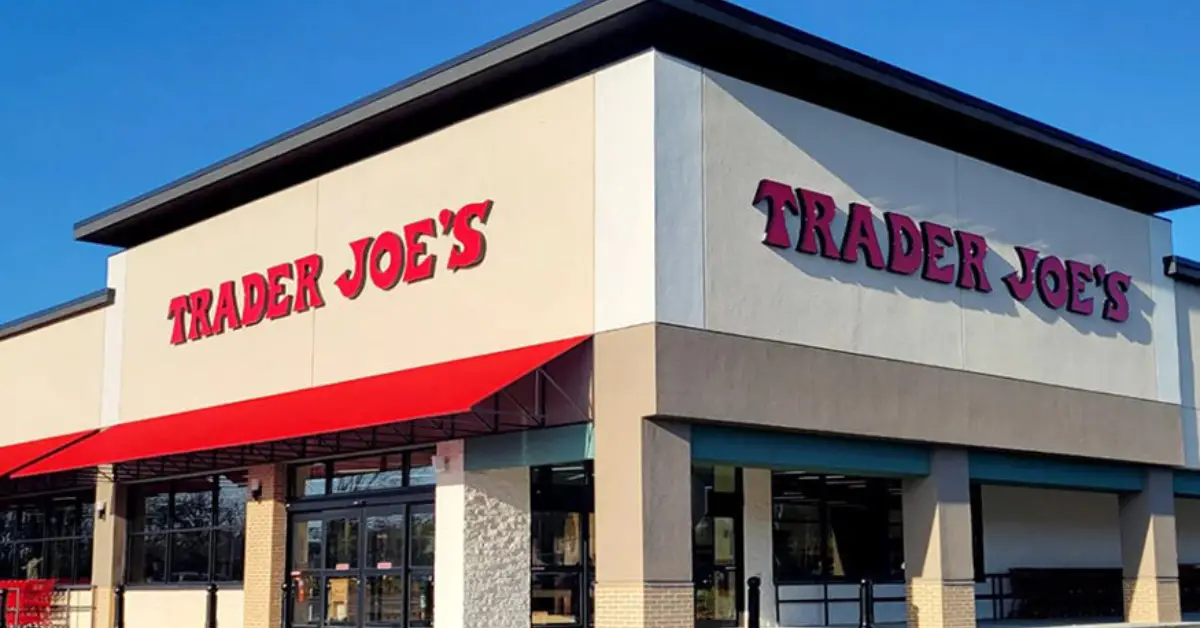Elon Musk’s Tesla has recently settled a racial discrimination lawsuit with a Black employee, Raina Pierce, who alleged that the company fostered a hostile and discriminatory work environment at its Fremont, California, plant.
The lawsuit, which was filed in federal court, claimed that Pierce was subjected to racial harassment, including being greeted by a manager with phrases like “welcome to the plantation” and “welcome to the slave house.” This case has brought renewed attention to Tesla’s troubling history of workplace harassment, particularly with regard to its treatment of Black employees.
Pierce worked as an installer of latches on car doors at the Fremont facility. In her lawsuit, she described facing multiple forms of discrimination and mistreatment while on the job. One of the most distressing claims in her lawsuit was that a manager would often greet her with derogatory and racially charged phrases. According to Pierce, this manager’s comments were not isolated incidents, but part of a broader pattern of hostile behaviour directed toward her.
In addition to the offensive greetings, Pierce said that she was frequently called gender-based insults by her coworkers. She also reported seeing racial slurs written on bathroom walls, which created an environment that made her feel unsafe and unwelcome at work. Pierce claimed that she was also unfairly targeted by her superiors, who disciplined her for behaviours that her non-Black colleagues were not punished for. She believes that this unequal treatment was due to both her race and gender.
A fellow Tesla employee, who temporarily worked on her production line, reportedly noticed the mistreatment and encouraged Pierce to report it to the company’s human resources department. The employee allegedly said, “You need to go to HR because these leads are saying things about you that are not right.” This advice underscored the severity of the problem, with the employee acknowledging that Pierce’s treatment was not just a matter of personal conflict but something deeply rooted in racial bias.
Tesla has yet to comment on the terms of the settlement, which was finalised in federal court. Details regarding the financial compensation and other provisions of the agreement remain confidential. However, the settlement marks the conclusion of yet another legal battle for the electric car manufacturer, which has been embroiled in multiple lawsuits concerning racial discrimination at its facilities.
This lawsuit is part of a troubling pattern of racial discrimination claims at Tesla’s Fremont plant, which is one of the company’s primary manufacturing facilities. In 2022, Tesla settled a similar lawsuit filed by Owen Diaz, a former elevator operator who had worked at the Fremont plant.

Diaz, who is also Black, claimed he was subjected to daily racial slurs, witnessed swastikas drawn throughout the plant, and experienced other forms of racist conduct. Diaz’s lawsuit was initially awarded $137 million in damages by a jury in 2021. However, a judge later ruled that the award was excessive and ordered a new trial. The case was ultimately settled for $3.2 million after further legal proceedings.
These cases raise serious questions about Tesla’s workplace culture and its ability to address allegations of racial discrimination within the company. Despite the high-profile lawsuits and the negative attention they have attracted, Tesla has yet to implement any significant reforms to address these issues. The company has faced criticism for its lack of transparency in addressing workplace discrimination and for failing to take sufficient steps to protect its employees from harassment.
Tesla is also facing a class-action lawsuit that involves thousands of current and former Black employees and contractors who worked at the Fremont plant. This lawsuit, which is set to go to trial later this year, alleges that Tesla’s treatment of Black workers has been consistently discriminatory.
The plaintiffs claim that they were subjected to racial slurs, saw racist graffiti, and experienced various forms of harassment while working at the plant. They are seeking a court order that would require Tesla to take steps to prevent a hostile work environment, including mandatory harassment training for all employees.
The plaintiffs in the class-action lawsuit are also requesting that Tesla be forced to take action to prevent further racial discrimination at the plant. This includes measures to eliminate any form of racist conduct in the workplace and to establish an environment where all employees are treated with dignity and respect, regardless of their race or background.
This legal battle has also raised concerns about the broader issue of racial inequality within Silicon Valley and the tech industry as a whole. Tesla, one of the world’s most prominent tech companies, has long been recognised as a leader in innovation and technological progress. However, its history of workplace discrimination and racial harassment calls into question its commitment to diversity and inclusion.
Many employees and activists argue that Tesla, like many other tech companies, has failed to address systemic racism within its workforce fully. Despite having a diverse customer base and making public commitments to diversity, Tesla has faced repeated accusations of racial discrimination from employees who claim that the company has not done enough to foster an inclusive work environment. This has led to calls for more transparency and accountability from the company, as well as demands for a more aggressive approach to diversity and inclusion.
The settlements in the Pierce and Diaz lawsuits, while providing financial compensation to the victims, do little to address the root causes of racial discrimination at Tesla. Many critics argue that these cases are just the tip of the iceberg and that there are likely many more instances of racial harassment and discrimination that have yet to come to light.
As Tesla moves forward, it will need to take significant steps to address the systemic issues of racial discrimination within its workforce. This may include overhauling its workplace culture, implementing more robust anti-discrimination policies, and taking stronger action to hold employees and managers accountable for any discriminatory behaviour. Until these changes are made, Tesla will likely continue to face legal challenges and public scrutiny over its treatment of Black workers.
In the meantime, the company will likely remain under intense pressure to improve its workplace practices and demonstrate its genuine commitment to fostering a more inclusive and respectful environment for all employees.
Disclaimer: This article has been meticulously fact-checked by our team to ensure accuracy and uphold transparency. We strive to deliver trustworthy and dependable content to our readers.




